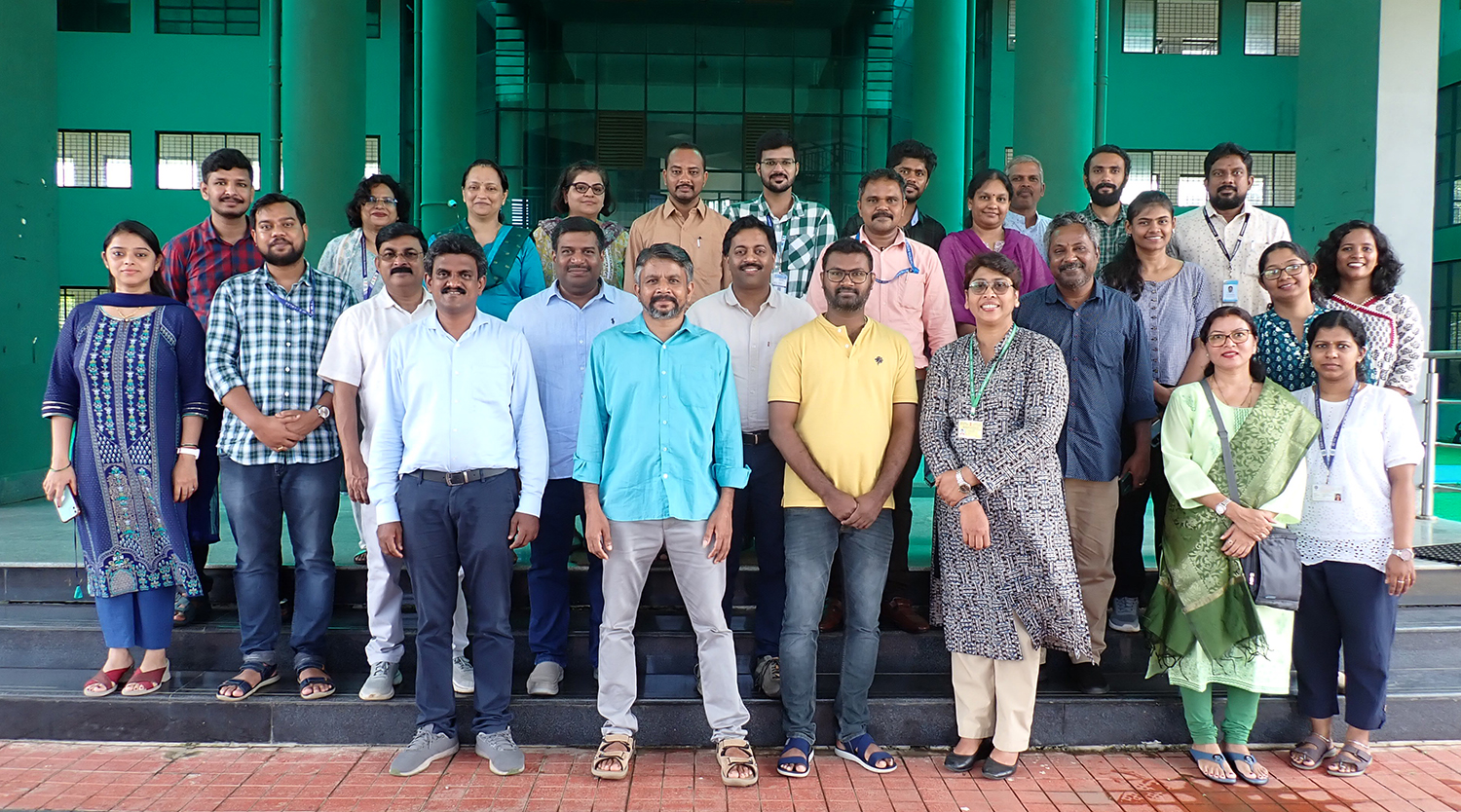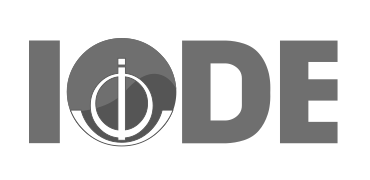News
Engaging with local researchers to improve data sharing - How IndOBIS enhances regional capacity
7 March 2025
 Strengthening network, sharing knowledge, and shaping the future towards the open data – A Group photo of the participants from the IndOBIS Workshop 2024. Photo: IndOBIS
Strengthening network, sharing knowledge, and shaping the future towards the open data – A Group photo of the participants from the IndOBIS Workshop 2024. Photo: IndOBIS
In September 2024, the Centre for Marine Living Resources and Ecology (CMLRE), an attached office of the Indian Ministry of Earth Sciences (MoES), hosted a national-level workshop to improve Indian contributions to the Indian Ocean Biodiversity Information System (IndOBIS) and OBIS. The workshop aimed to develop Indian researchers’ capacity for managing marine biodiversity data and facilitate their participation in global biodiversity observation initiatives like OBIS.
Developing local-to-global capacity is a challenge and a need beyond data contribution. Global in situ observation initiatives, such as OBIS, benefit from local input and participation to address critical issues, including filling data gaps, correcting potential biases in models, and leveraging local knowledge to detect anomalies, aberrations, and biases in datasets or complex data products. Local capacity-building workshops, such as the one organized by IndOBIS, are essential to strengthening OBIS’s missions.
Enabling local standardized data management for global collaborations
The workshop, held in Kochi, a city in southwest India’s coastal Kerala state, had three main objectives: raising awareness about IndOBIS and OBIS to an audience that was not always familiar with regional and global marine biodiversity data platforms; incentivizing scientists, academicians, and researchers to contribute to these platforms; and provide hands-on training to encourage contributions.
For some local scientists, data repositories—national or global—orbiting beyond the limits of their own institution might seem distant and little engaging: processes might be unfamiliar, standards and protocols might be different, and there is the risk that personal contributions will be swallowed by the amount of reposited data or modified and never correctly attributed to their original author. “We have to fight a lot against the silo mentality,” explains Johnny Konjarla, Project Scientist and Data Manager for IndOBIS and one of the organizers of the workshop. “I think it’s not just limited to Indian researchers: many potential data contributors are reluctant to give away their data, fearing misattribution or an absence of recognition.” He explains that some scientists he met also think the data they collect is “theirs” and that sharing it with the world will dispossess them. For Johnny Konjarla, there is a lot of education to do to explain that sharing data on large platforms like OBIS is, on the contrary, a form of personal and national recognition.
The IndOBIS organizers designed a special session to tackle their audience’s potential reluctance to share data. They wanted to demonstrate the efficiency of the FAIR and CARE principles in enforcing data attribution, which is crucial for establishing trust in data and transparency. And clearly explain that publishing data on a global platform like OBIS will not hinder the chances of scientific journal publications. “We wanted to make our audience understand that a platform like OBIS is a huge opportunity, not a threat,” explains Johnny Konjarla. The organizers also wanted to present how, through mechanisms in global treaties, such as the Biodiversity Beyond National Jurisdiction Agreement or the Kunming-Montreal Global Biodiversity Framework, personal contributions benefit the country, reinforcing the importance of the fieldwork done by local scientists. “At the workshop, we took the time to explain that when an Indian researcher contributes to IndOBIS and OBIS, their contribution helps India better assess ongoing marine conservation actions, track progress, and improve planning,” says Johnny Konjarla. “This is not just about local interests. We are talking about national strategic objectives for biodiversity. And we hope that any Indian researcher working with marine biodiversity data will have the skills to contribute.”
High-impact knowledge transfer, enhanced capacity building
The workshop aimed to generate optimum uptake using an efficient, hands-on approach in a limited time. Scientists, academicians, and researchers engaged in fit-for-purpose training sessions to provide them with the practical skills to contribute to IndOBIS and OBIS, considering the audience’s diversity and potential lack of familiarity with the standardized and FAIR data concepts. The workshop was built around short, topic-specific sessions covering crucial issues, such as data management, publishing and documentation, to deliver maximum impact. The concept was to break down the data contribution journey into steps and teach the practical skills to complete each step. The sessions covered crucial topics such as the best practices for data standardization, submission processes for IndOBIS, and the significance of geotagged biodiversity data. Participants also received a training manual to familiarize themselves with crucial international biodiversity data standards such as Darwin Core. “We had quite ambitious goals and very little time,” says Johnny Konjarla. “We set clear expectations from the start and, most importantly, delivered ready-to-use takeaways.”
Was the workshop a success? “Yes, without a doubt,” says Johnny Konjarla. “From the feedback we received, we know it worked. But one workshop is not enough. We need regular meetings to increase engagement with various scientific communities, follow-ups, additional training sessions, and mentorship programmes to ensure that the skills learned are up-to-date and in use to ensure that contributions to IndOBIS and OBIS are not just one-shot but highly sustained.”

